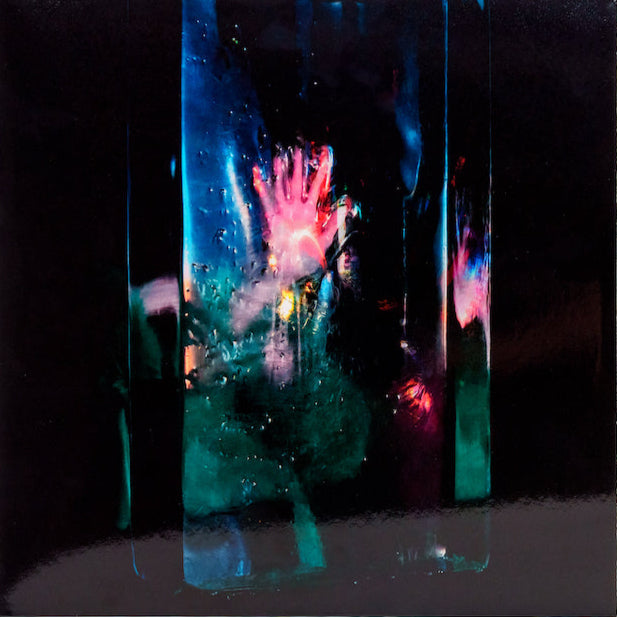
Technics makes the case for longevity in a disposable world
The SL-1200 is for life.
How do you upgrade a product that essentially doesn’t change, rarely stops working and for which you already have a market share? Earlier this week, Technics arrived at CES 2019 with two new turntables and a revived approach to DJ culture, to try and do just that.
Alongside the simpler SL-1500C turntable, the big news was that of the new SL-1200 MK7, a deck that picks up where the MK6 left off eleven years ago, aimed squarely at DJs who have for the most part felt let down by the Japanese company’s SL-1200G range . When those decks were released in early 2016, Technics went to great lengths to distance themselves from DJs, making it clear that the new decks were for home-listeners with deep pockets and valve amplifiers – or in the case of the SL-1200GAE, for Abbey Road Studios.
Given that the cult status bestowed on the SL-1200 by DJs has largely kept the brand fresh in the intervening years, it’s not surprising people felt a little let down. And so, when the MK7 was announced earlier this week, judgment was always going to be reserved until a price was announced with it.
The SL-1200 MK7 will cost in the region of £899 – favourable to both the €1000 and $1200 price in Europe and the US respectively. Opinion has been split.
Regardless of whether you want to spend close to £1,000 on a turntable, there are a few things that set the Technics Sl-1200 apart. Firstly, you’d be hard pressed to find another item of ‘consumer electronics’ unveiled at CES 2019 that will last as long as the MK7.
As one of our colleagues at VF pointed out, his Technics have been running for close to thirty years without service. The MK2s he bought new in 1991 cost between £400 and £500 a piece – roughly equivalent to between £850 and £1,000 today. It is an experience shared by many.
Elsewhere in the electronics world, the lifespan of most items is cut short either by design or by the market. The (aptly named) iPhone XS will set you back close to £1,000, in the knowledge that it is built to falter within two years. Technologies associated with driving sales of new televisions – like 4K and OLED screens – are almost by definition made to be superseded.
By extension, those turntables released with USB connectivity, Bluetooth streaming and other ‘accessibility’ functions contain within them the seeds of their own obsolescence. Apple hardly makes laptops with USB ports any more.
In an increasingly digital industry where the value of music to the consumer tends to zero, streaming amounts to access rather than ownership and devices must have multiple purposes to justify their disposability, it’s not surprising that costs associated purely with listening to music are deemed prohibitive. In this sense, Technics differentiates itself as a brand that is happy to make decisions based on quality and longevity, over short-term sales.
It’s likely that Technics thought the SL-1200 MK6 was the last direct drive turntable it would ever produce. By making a product that has stayed essentially the same since the MK2 in 1978 to such a high standard, it practically eroded its own market for new products. It’s a phenomenon that applied to a certain extent to Land Rover’s Defender – when the 4×4 was discontinued in 2016, after 67 years of production, an unprecedented percentage of the cars made were still on the road.
As such, the market for second hand Technics is huge, and the argument for avoiding the new, somewhat more expensive model, compelling. Whether or not you’re tempted by the new SL-1200 MK7, it is a testament to Technics that its used models are still as, if not more, revered than the new.









